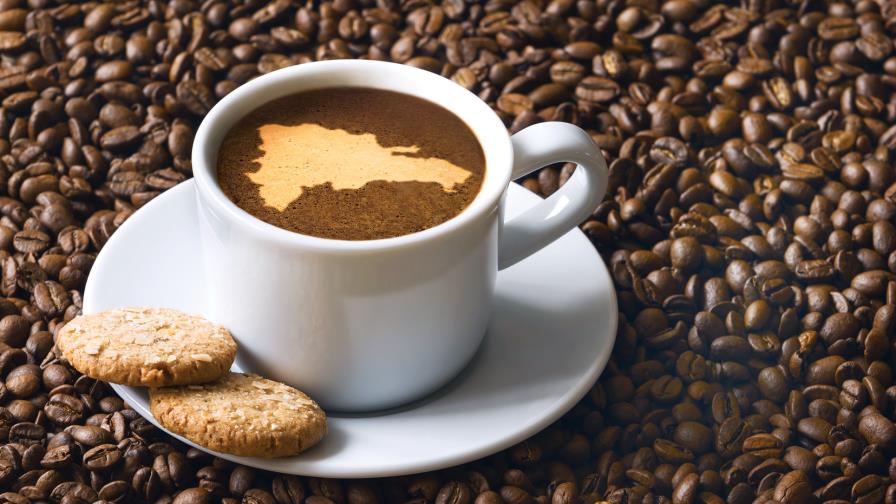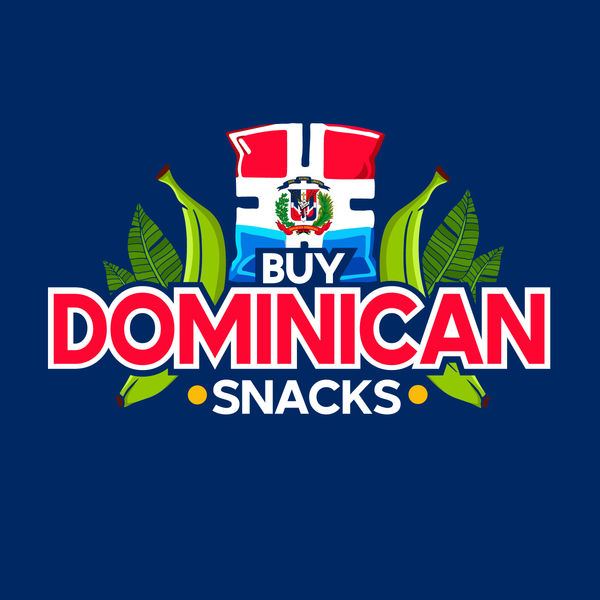
☕ Dominican Coffee: A Globally Celebrated Treasure 🌍
Share
🌄 A Unique Origin: Mountains, Microclimates, and Tradition
Dominican coffee is grown in mountainous regions like Jarabacoa, Barahona, and El Cibao, at altitudes between 900 and 1,700 meters. These conditions produce a smooth, sweet bean with a deep and lingering aroma. Many Dominican coffee farms are organic, naturally shaded, and use traditional, artisanal methods.

🌎 How is Dominican Coffee Recognized Around the World?
- In Japan, it’s highly valued in specialty coffee shops for its clean, balanced aromatic profile. Japanese brands choose it for its traceability and sustainable production.
- In the United States and Canada, it's considered a premium or gourmet coffee, especially microlots that score high in professional cuppings.
- In Europe (especially Germany and France), it’s seen as an exclusive origin coffee with cultural value—ideal for the organic and fair trade market.
💚 More Than Flavor: Social and Cultural Impact
Coffee in the Dominican Republic is more than just a product—it’s part of its history and identity. The industry provides jobs to thousands of rural families, preserves traditional farming practices, and supports environmental protection through shade-grown methods and reforestation.
🏆 Is Dominican Coffee Considered “Specialty Coffee”?
Absolutely! Many Dominican coffees qualify as specialty coffee under the Specialty Coffee Association (SCA), scoring over 80 points in quality. Standout features include:
- Smooth, sweet taste with fruity or chocolaty notes
- Medium body and balanced acidity
- Artisanal processing and full traceability
Dominican coffee is recognized as a high-quality product in Japan, the U.S., and Europe, thanks to its smooth taste, intense aroma, and responsible cultivation. It’s more than a drink—it's culture, heritage, and future.
